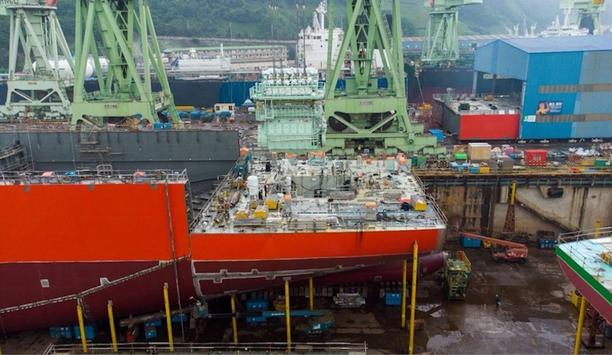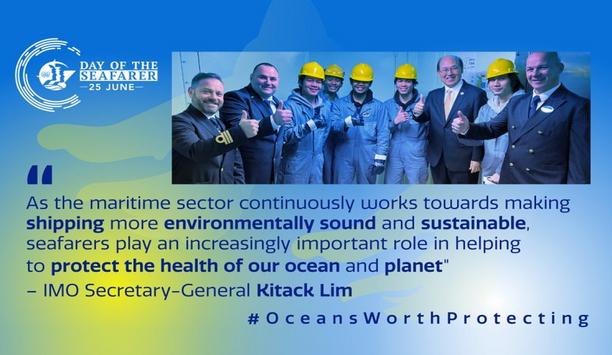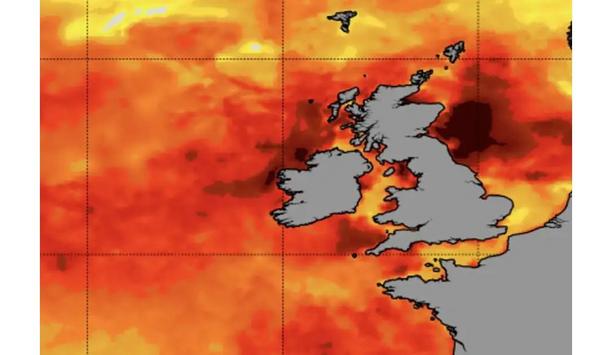ClassNK has released 'Guidelines for Direct Load Analysis and Strength Assessment (Edition 3.0)'.
Following the revision of IACS Recommendation No. 34, these guidelines specify the requirements for conducting hull strength assessments based on the latest wave data.
Strength assessments
ClassNK’s Rules and Guidance for the Survey and Construction of Steel Ships and IACS CSR stipulate that hull strength assessments based on finite element analysis should be conducted as part of the classification requirements.
In the evaluation, the load must be estimated using simplified formulae that utilise data from existing ships, depending on ship type and other relevant factors.
Structural configuration
Direct load and structural analysis directly simulates the wave-induced loads acting upon ships
In the case of the size lacking sufficient service record or new structural configuration, the method called 'direct load and structural analysis', which directly simulates the wave-induced loads acting upon ships may be used for strength assessments that accurately capture the characteristics of each ship.
These guidelines specify the classification requirements for these analyses.
3rd edition of guidelines
In response to the revision of IACS Recommendation No. 34, which comprehensively updated the wave data to be anticipated for the strength assessment, ClassNK has released the 3rd edition of its guidelines, revising the relevant requirements.
The class notation 'PS-DA-DLA' and/or 'PS-FA-DLA' are respectively affixed to the classification characters of a ship when strength assessments have been carried out for all cargo areas in accordance with the guidelines.










